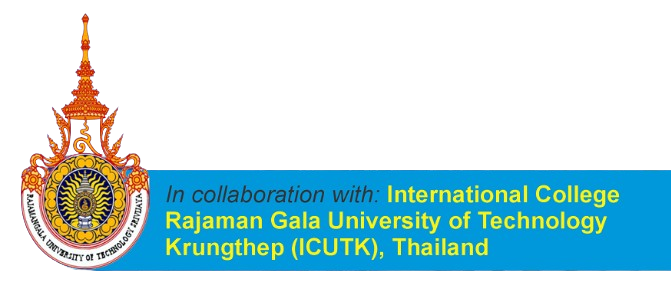GLOBAL LEGAL POPULISM AND THE EROSION OF CONSTITUTIONAL DEMOCRACY: A COMPARATIVE POLITICAL-LEGAL ANALYSIS
DOI:
https://doi.org/10.55751/jfhu.v1i2.158Keywords:
Decolonization, Legal Politics, Global South, Legal Pluralism, Social Justice, Postcolonial Law, Customary Law.Abstract
This article examines the critical need to decolonize legal politics in the Global South by interrogating the persistent colonial legacies embedded within contemporary legal systems and state institutions. Drawing on postcolonial legal theory, critical legal studies, and empirical case studies from Latin America, Africa, and Southeast Asia, this research explores how Western-centric legal frameworks continue to marginalize indigenous knowledge systems, customary laws, and local justice mechanisms. Through a qualitative comparative analysis of legal reforms in six countries, this study reveals that formal legal systems often perpetuate structural inequalities rather than advancing social justice. The article argues for an epistemic shift toward pluralistic legal frameworks that recognize multiple sources of legal authority and incorporate decolonial approaches to lawmaking, adjudication, and legal education. Findings indicate that successful decolonization of legal politics requires: (1) dismantling hierarchical relationships between state law and customary legal systems; (2) redistributing legal authority to communities historically excluded from formal legal processes; and (3) reconceptualizing the relationship between law and social justice beyond Western liberal frameworks. This research contributes to ongoing debates about legal pluralism, transitional justice, and the role of law in postcolonial societies, offering practical pathways for reimagining legal systems that serve diverse populations in the Global South










